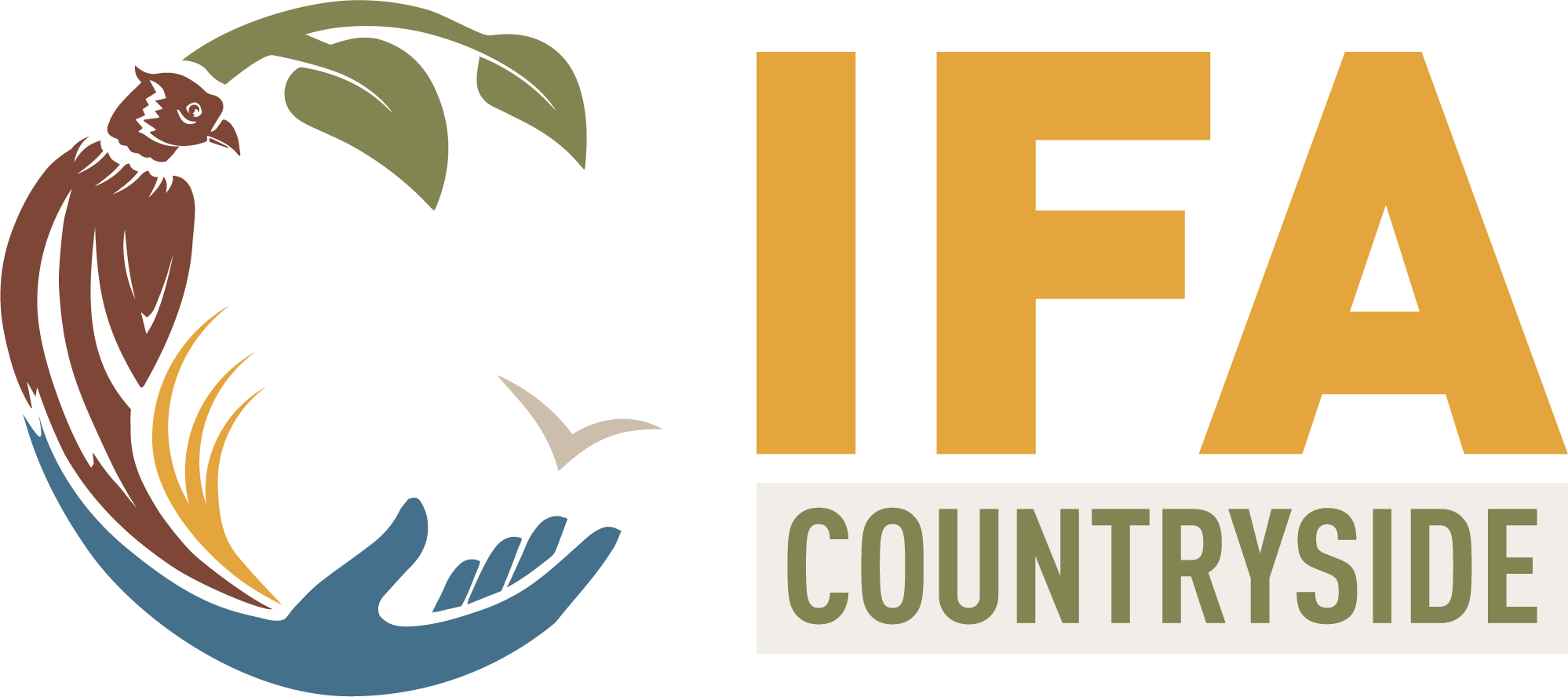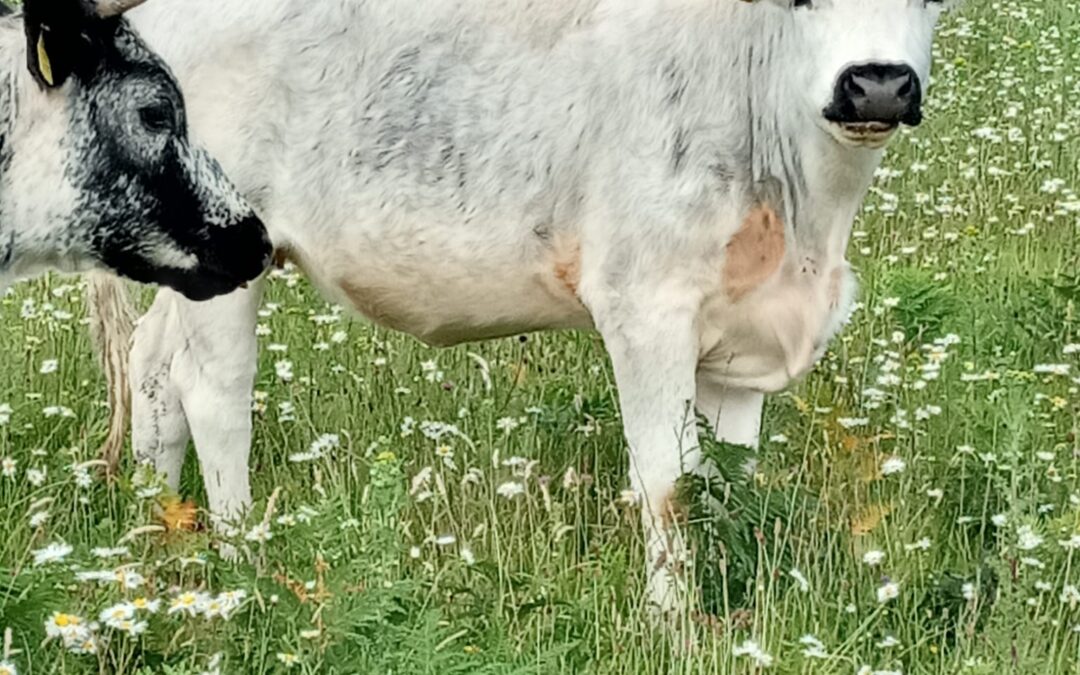The Irish Native Rare Breeds Society has produced a new website focussing on conservation grazing, with financial support from the National Parks & Wildlife Service. This website has just been launched: https://inrbs.ie
Conservation grazing is a tool that can be used to help achieve sustainable farming practices. In Ireland the use of indigenous traditional breeds are being promoted for the conservation grazing of natural and semi-natural habitats particularly in sensitive areas such as coastal areas and uplands.
John Brennan, Chairman of the Irish Native Rare Breed Society, launching the website said:
“The Irish Native Rare Breed Society (INRBS) is a society dedicated to the promotion of indigenous breeds of domesticated livestock. The society aims to facilitate cooperation between individual breed societies and others who are interested in the breeds for their own sake and those who see a use for the breeds in farming and areas such as land management. The society was originally The Irish Rare Breeds Society (IRBS) and has been in existence since the 1990’s. The INRBS was incorporated as a company limited by guarantee in 2019 as The Irish Rare Breed Society and following a vote at the 2019 AGM the name was changed to The Irish Native Rare Breed Society and this name change was put into effect by The Companies Registration Office in 2020. The society structure allows representatives of each of the indigenous breed societies to sit at board level with equal representation for all affiliated societies.”
Dr. Barry O’Donoghue, Head of Agri-Ecology in the National Parks & Wildlife Service said:
“Agriculture is more than just about food production. The Irish word for agriculture, ‘talmhaíocht’, captures its essence eloquently; working with the ground as opposed to simply taking from it. Agriculture is embedded in and wholly reliant on the natural environment. It can and has shaped our landscape and our natural environment. Much of Ireland’s habitats and species are directly dependent on agriculture. And as much a part of this nexus involving farming and ecology are the domesticated animals, bred over centuries to support and deliver, to carry and to pull, to provide and to be provided for. Our support for this website comes from a thirst for knowledge among farmers and researchers and practitioners. I am often asked for recommendations on stocking rates or practices for particular habitats or species. Every situation can vary, but we hope that this website can be a useful reference and resource to at least help. Over time, it is hoped that further information can be added and refined. There is great knowledge to be gained from older generations of farmers especially and we should make a conscious effort as a country to not lose that knowledge, which was built up over generations. It might ultimately hold the key to the future sustainable management of some of our most important areas for biodiversity.”
ENDS
Photo attached: Droimeann grazing in species rich grassland

